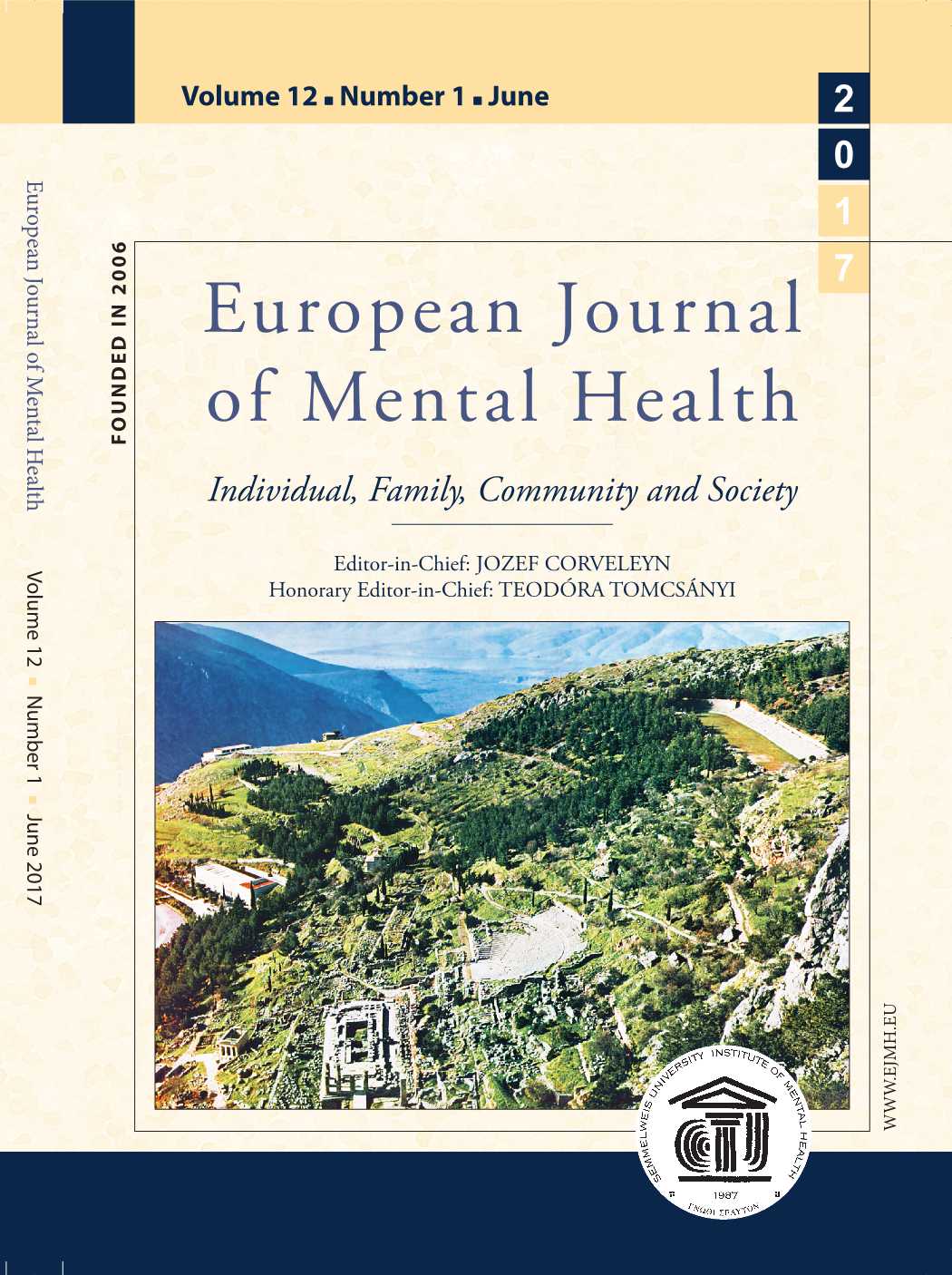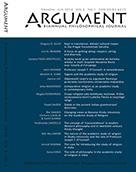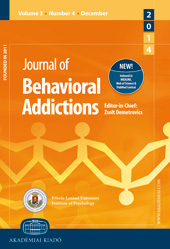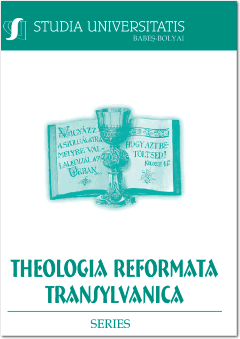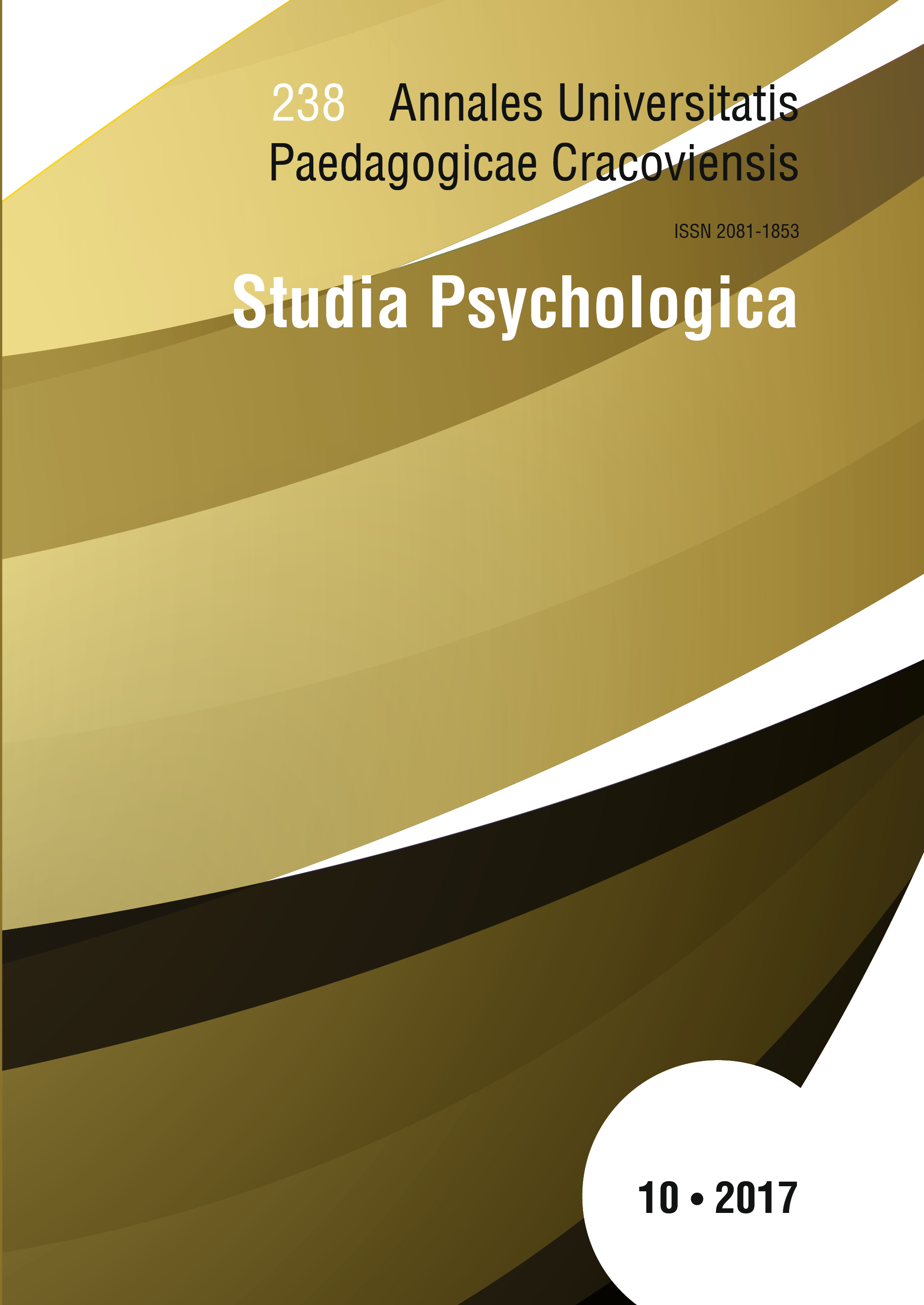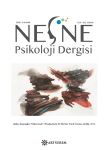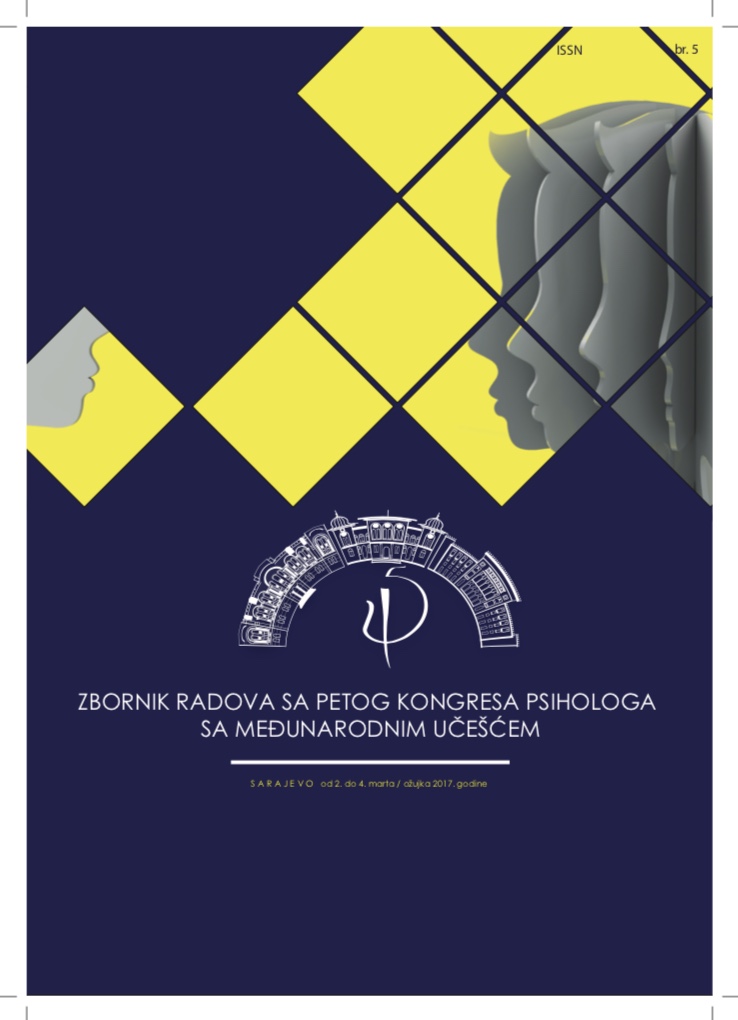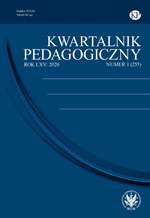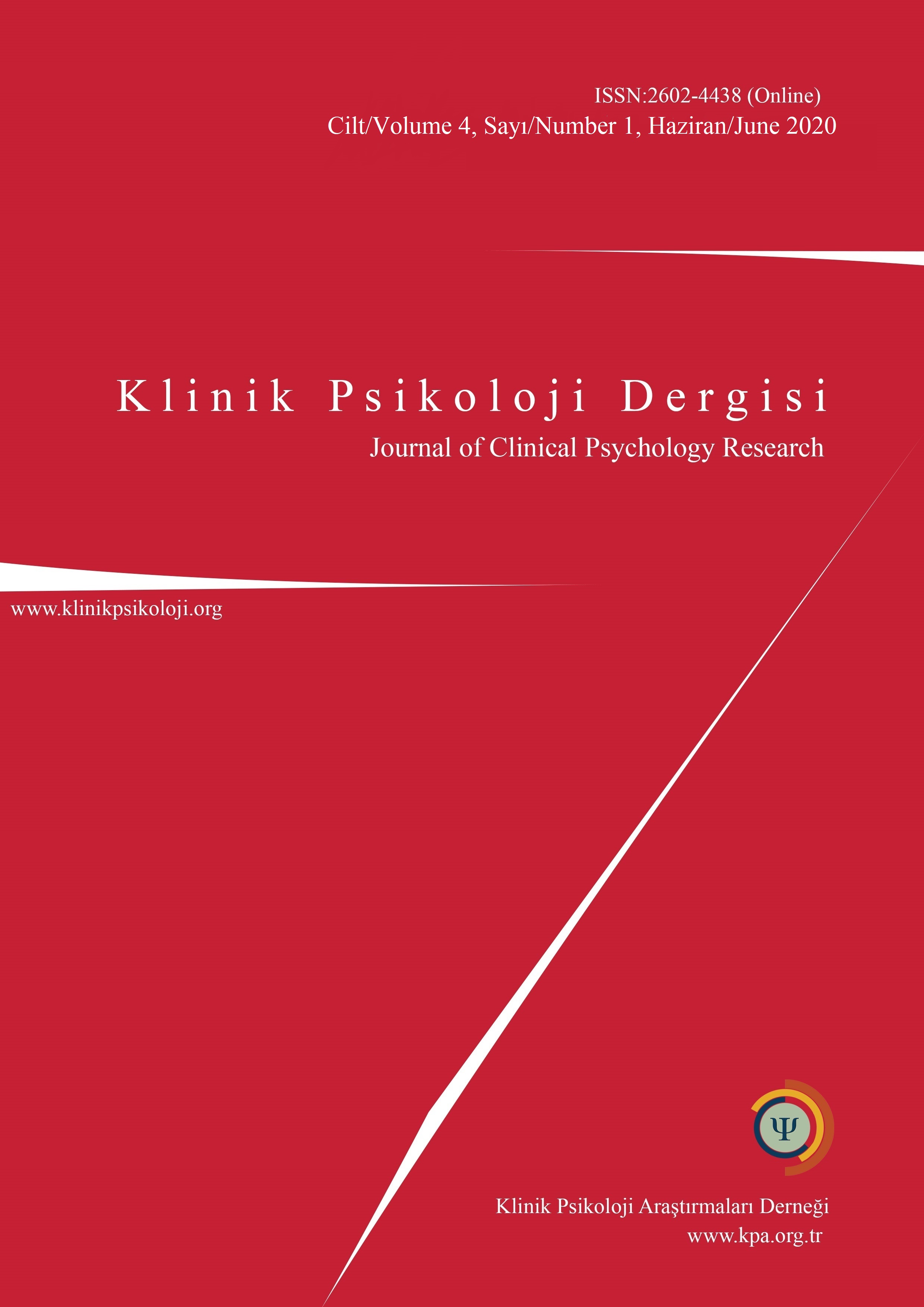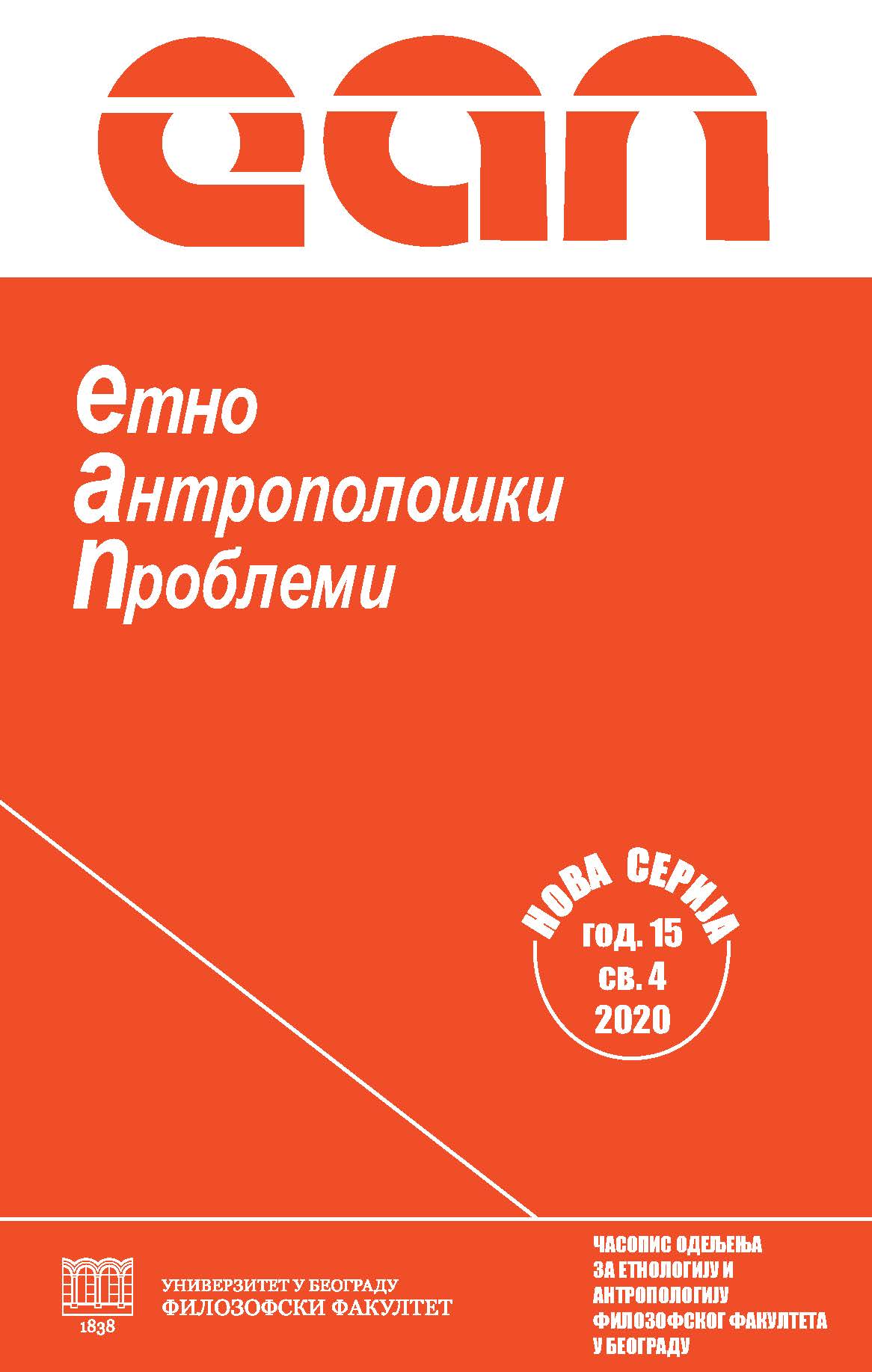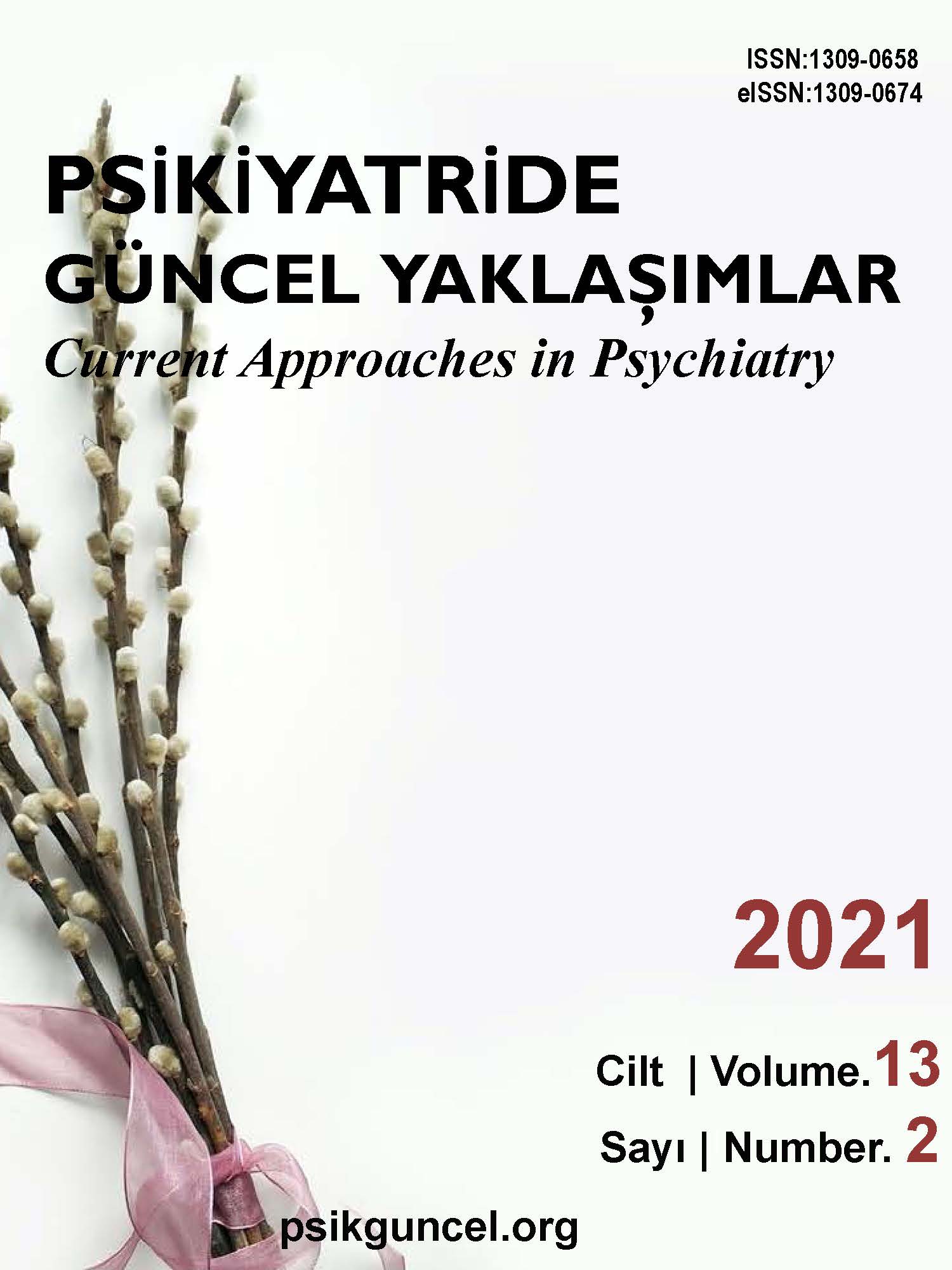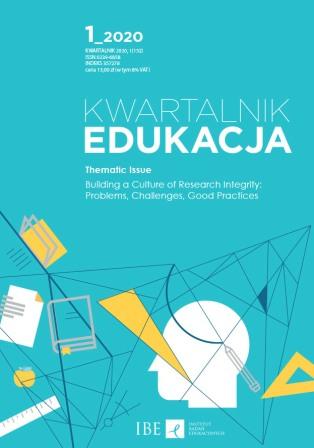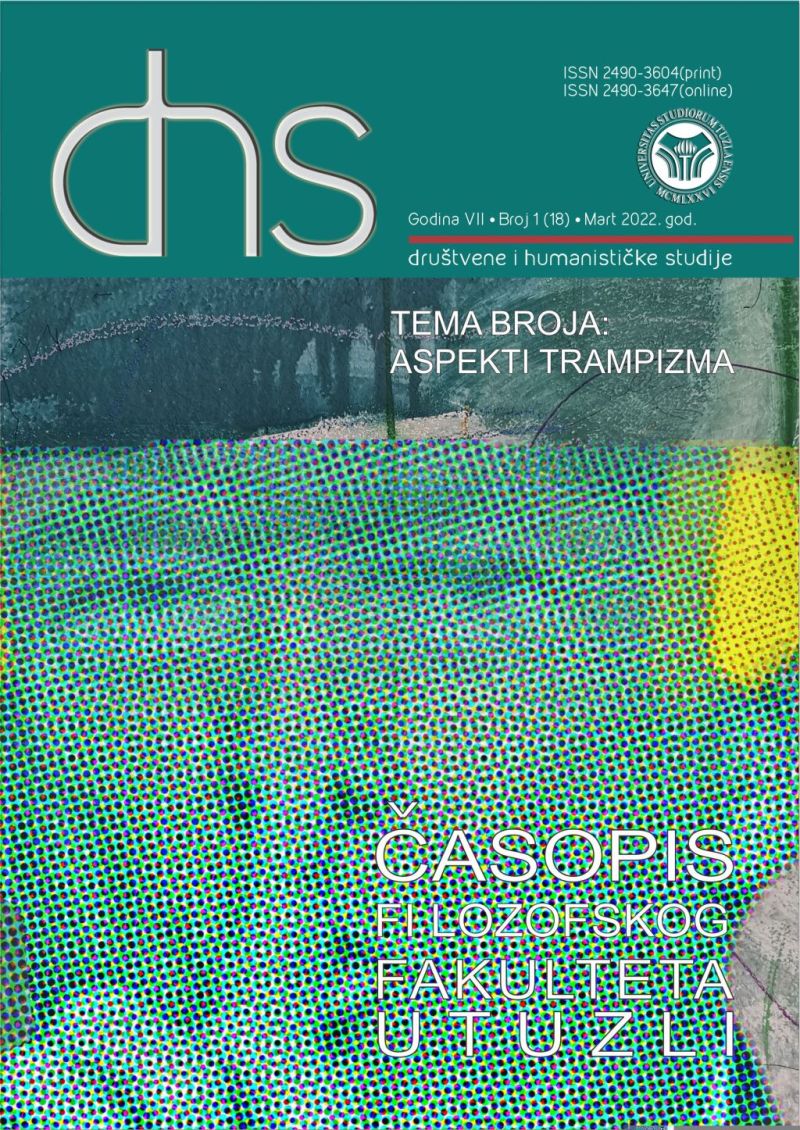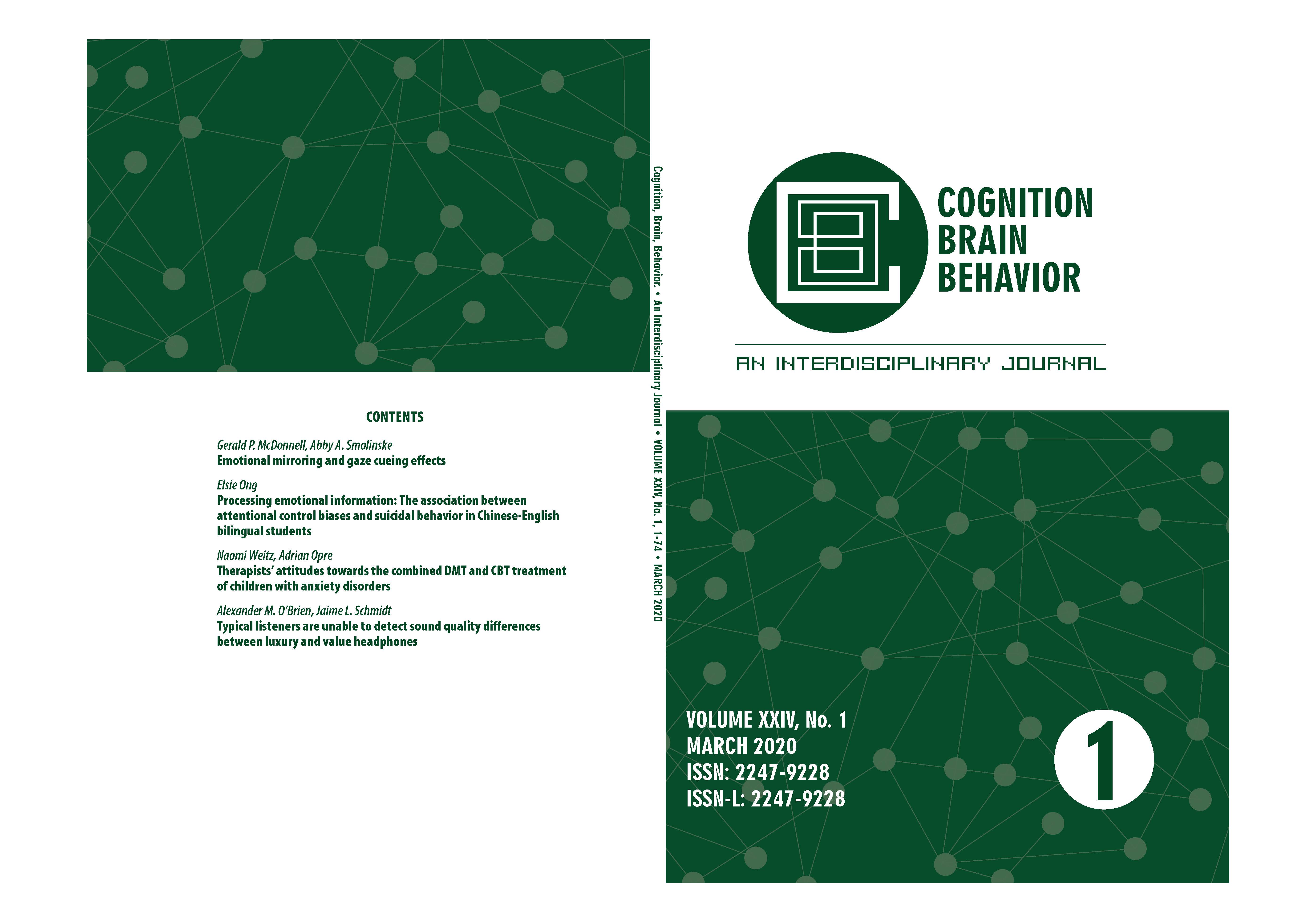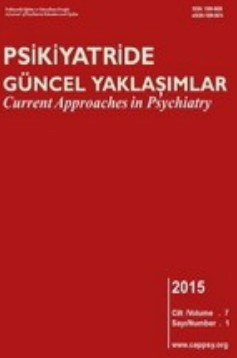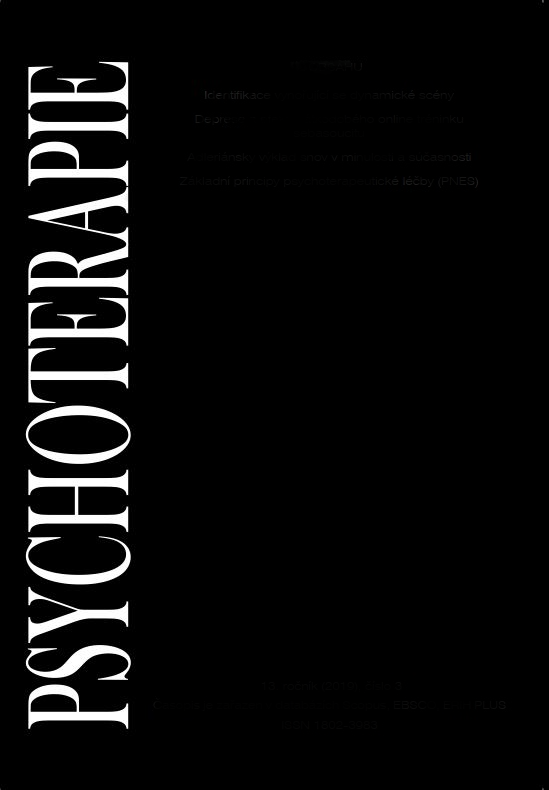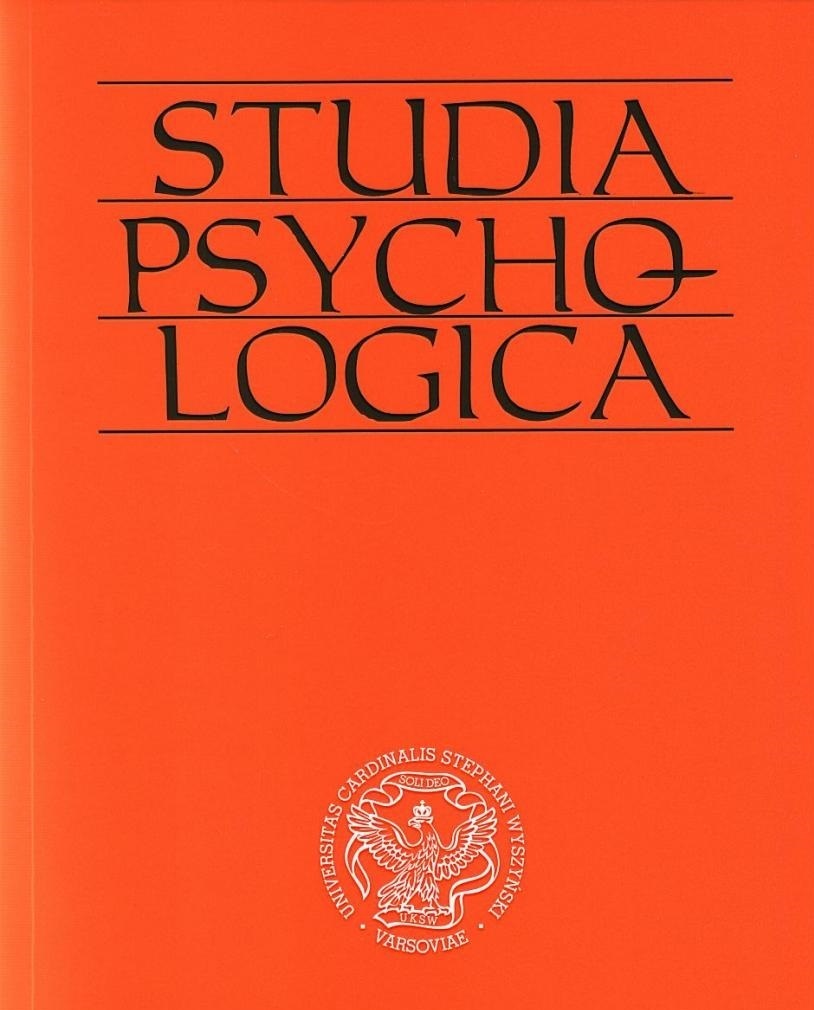
MYSTICAL EXPERIENCE – POLISH ADAPTATION OF THE MYSTICAL EXPERIENCE QUESTIONNAIRE
Właściwości psychometryczne polskiej adaptacji kwestionariusza do badania doświadczenia mistycznego (Mistical Experience)
Keywords: mysticism; mystical experience
Hood has created a Mysticism Scale (1975) based on the theoretical work of Stace (1961). Using the 12-item Mystical Experience (an abridged version of Hood’s Mysticism Scale- Anthony, Hermans, Sterkens, 2010), the polish adaptation was developed. The psychometric properties of the Polish ME were assessed in a sample of 708 persons: 581 students of Pontifical University of John Paul II in Cracow 20–50 y.o. and 127 students Academy of Fine Arts in Cracow 20-32 y.o. (control group). Construct validity was examined with reliability analysis, confirmatory factor analyses and by relating the polish version of ME to others measures of religious maturity and mindfulness. The results confirmed reliability (test-retest: 0,92 < r < 0,97), internal consistency (AlfaCronbacha: Extravertive Mysticism = 0,76; Introvertive Mysticism = 0,72; Religious Interpretation = 0,56), internal validity (CMIN/df = 1,816; GFI = 0,97; AGFI = 0,93; CFI = 0,95; RMSEA = 0,05 [0,03-0,08]; PCLOSE = 0,34) and external validity (religious maturity and mindfulness) of Polish version of ME.
More...
